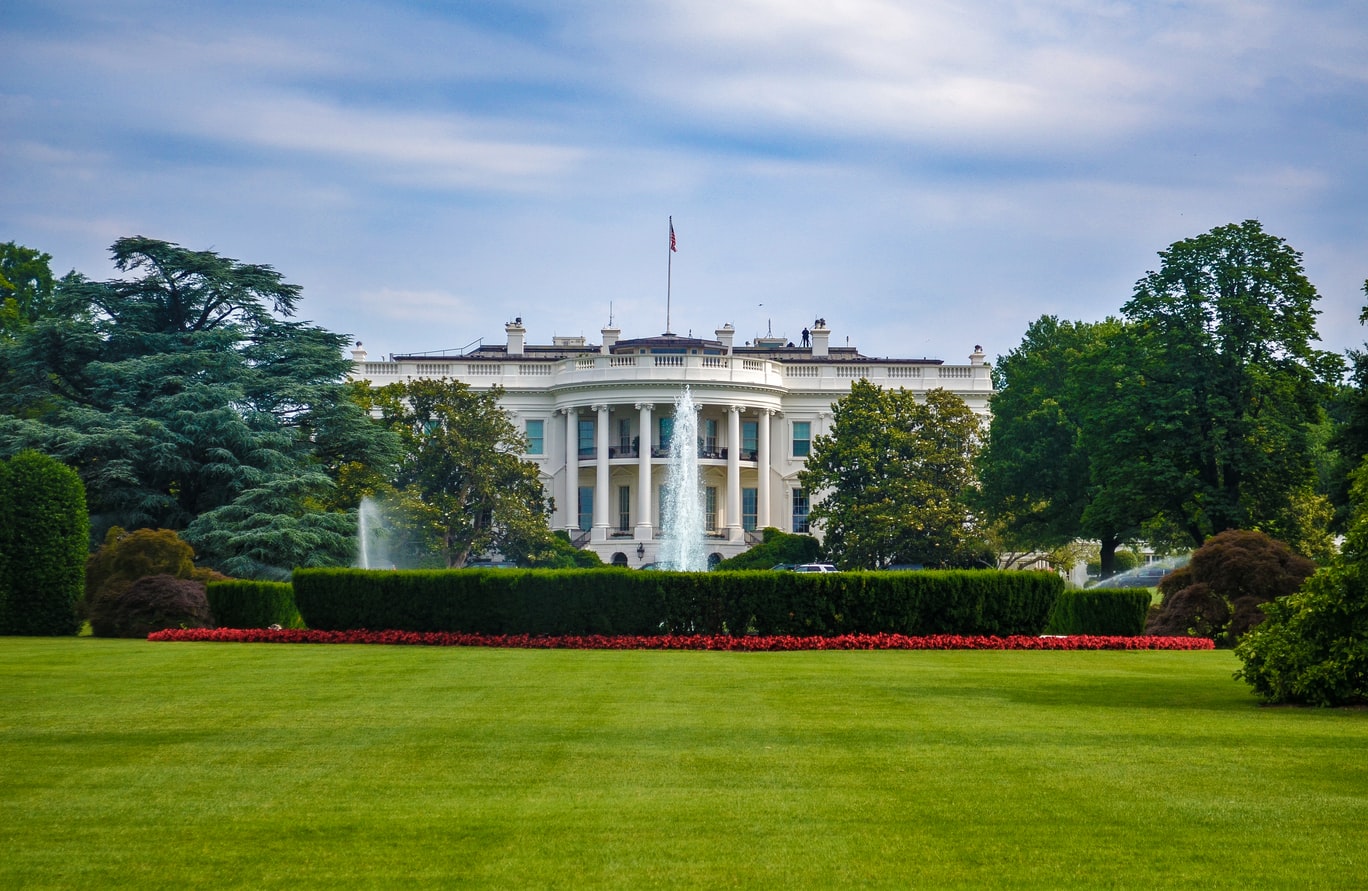
Picking the Right Golf Partner
May 27, 2021
Biden Policies to Impact Stock Markets – Part I
May 27, 2021The American Rescue Plan Act and what it might mean for investors
Will the policies of the Biden Administration have a negative or positive impact on the stock market? A prevailing view – by about half of the country – is that a Biden Administration would have a positive impact. Another prevailing view – also by about half of the country – is that it would be negative.
Well, although the stock market has performed well since January 20th, with some more recent rough patches in May, the answer will not be settled for quite some time, as 4 months is too short a period of time to draw conclusions. Nevertheless, let’s examine a few of President Biden’s policies that will likely impact stock markets – being careful not to draw conclusions as to whether the impact will be negative or positive.
Things to Remember
First, remember that no political party has been exclusively great or awful for stock markets. And while many might view Republican presidents as more bullish for markets and Democratic presidents as more bearish, the data doesn’t support those views.
Further, while presidential policies do matter, the reality is that policies will not impact sectors, industries and markets uniformly. In other words, there will be certain sectors, industries and markets that emerge stronger and certain ones that emerge weaker.
The American Rescue Plan Act
In mid-March, President Biden signed the American Rescue Plan Act, which provided cash payments to individuals and also changed a few tax laws. But many of these changes expire, so it’s important to know when they are set to expire before even trying to determine what kind of impact they may or may not have. Here are some of the changes:
- Tax Credits. Generally speaking, these will expire at the end of 2021. But for now, the 2021 child tax credit of $3,600 for each child under the age of 6 and $3,000 for each child 6 – 17 years of age is fully refundable and payable in advance. And unless Congress and the President change it again, in 2022, the child tax credit will revert back to $2,000 for each child under 17.
- The Child and Dependent Care Tax Credit. As with the child tax credit, the child and dependent care tax credit (they are different, so be careful) sets the maximum credit for one individual at $4,000 and $8,000 for two or more qualifying individuals and is refundable for some taxpayers. But in 2022, it reverts to $3,000 and $6,000.
- Earned Income Credit. In addition to permanently eliminating the maximum age for eligibility, the Earned Income Credit was extended to those under age 25 and in 2021.
Stimulus Checks to Buy Stocks?
Whether the American Rescue Plan Act will impact our economy and stock markets remains to be seen, especially since many of the changes are just for this year.
Nevertheless, there is a growing body of evidence that supports the notion that stimulus checks are being used to invest in the stock market.
For example, back in February, Deutsche Bank reported that in their survey, retail traders said they planned to put roughly 40% of their stimulus payment directly into the stock market. That could account for close to $170 billion from the latest round of stimulus checks going straight into stocks (and cryptocurrencies too). Further, retail traders between the ages of 25 and 34 said they expect to put half of their stimulus checks into stocks.
Let’s say Deutsche bank’s survey is way off and they overestimate by 4x and only 10% of stimulus payments go into the stock market. That’s still a whopping $40 billion.
In other words, it sure does appear that the American Rescue Plan Act will impact the stock market in one way or another.
Parts I and III
Part I in this series looks at other ways the Biden Administration’s policies might impact the stock market and include:
- Huge government spending policies that could push inflation higher;
- Infrastructure policies;
- Energy policies;
- Healthcare policies; and
- Foreign policies.
In Parts III and IV, we will summarize The American Jobs Plan (proposed) and The American Family Plan (also proposed). Because all of these policies individually and collectively will have significant implications for the economy, stock and bond markets, and your retirement assets.




